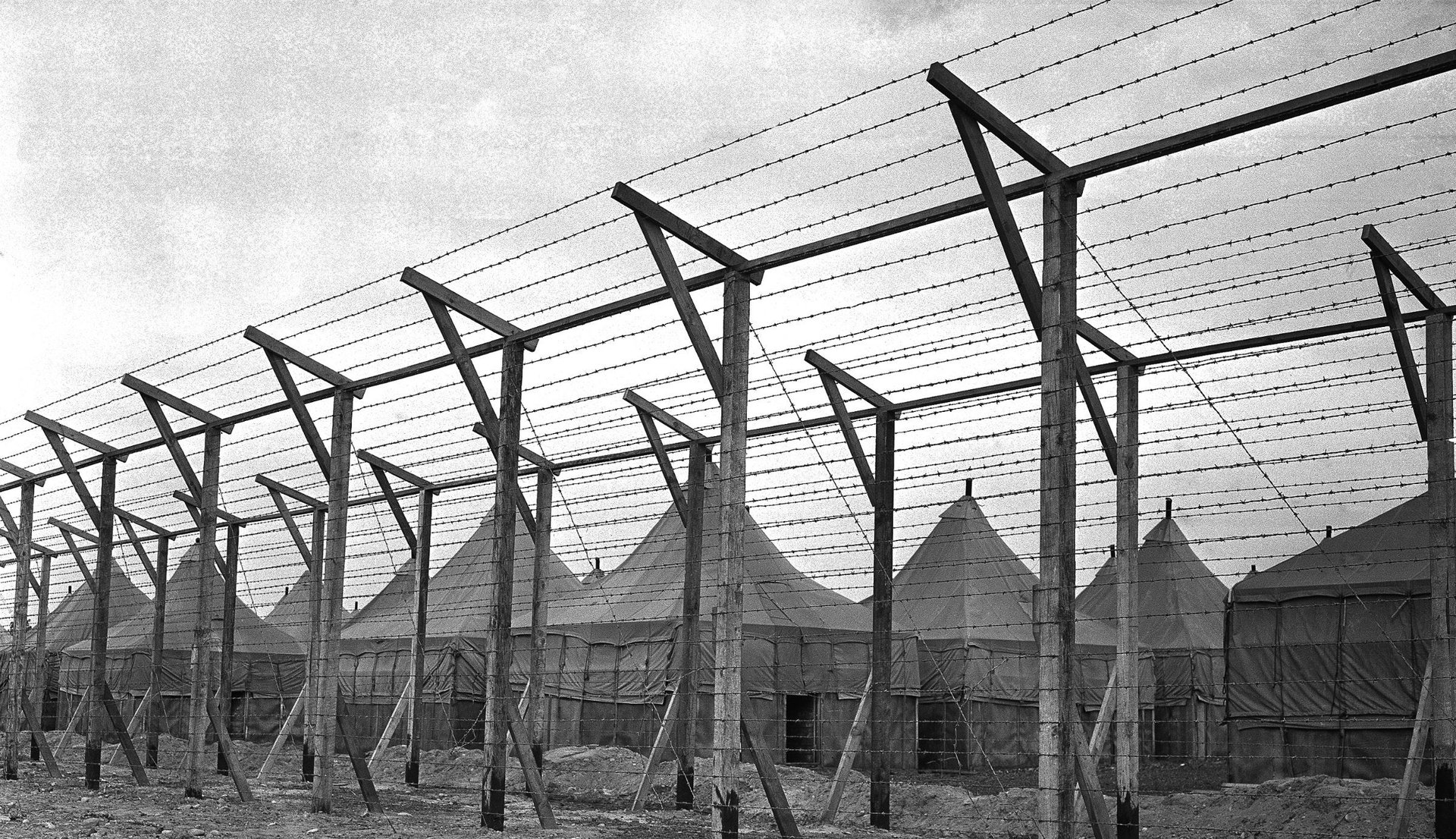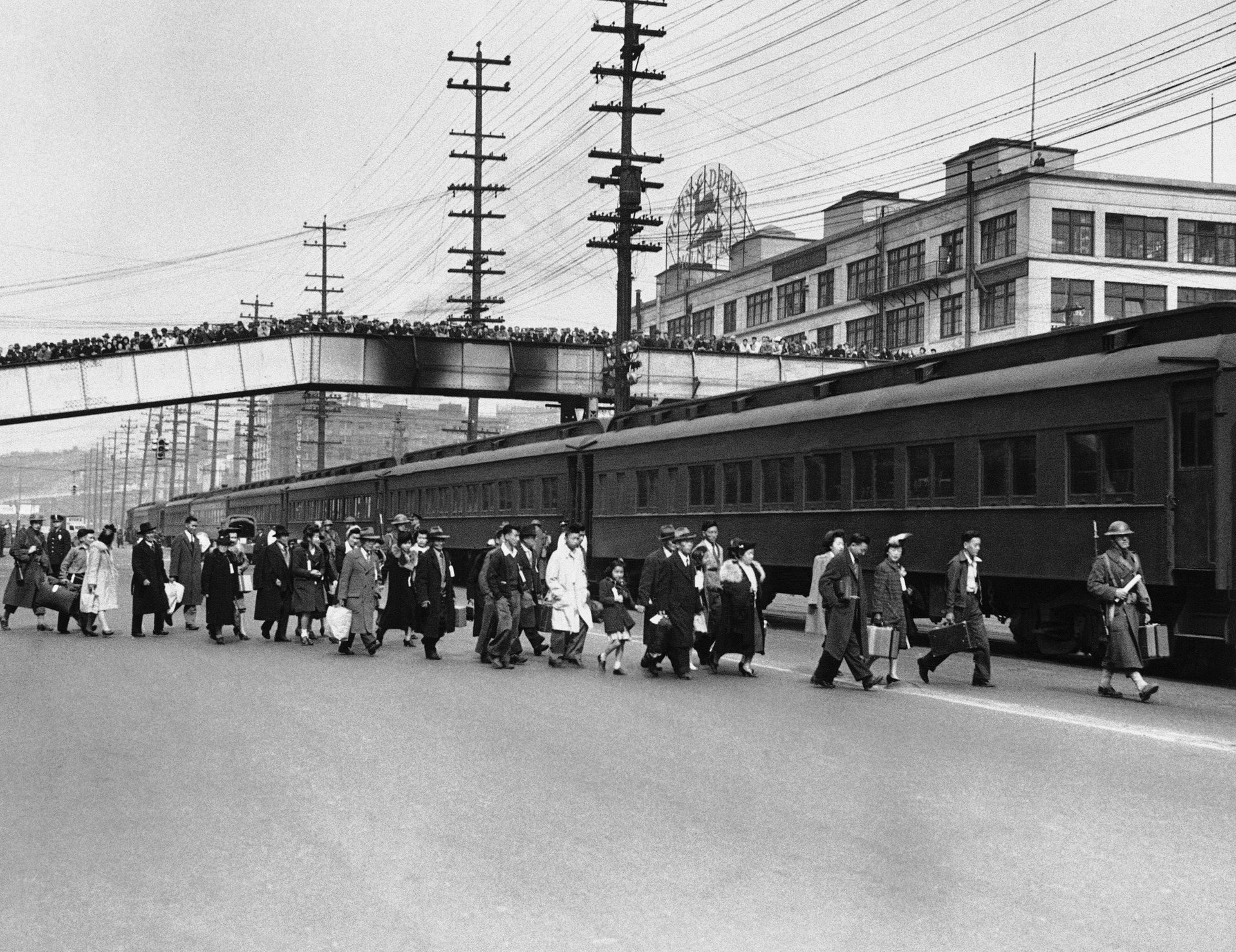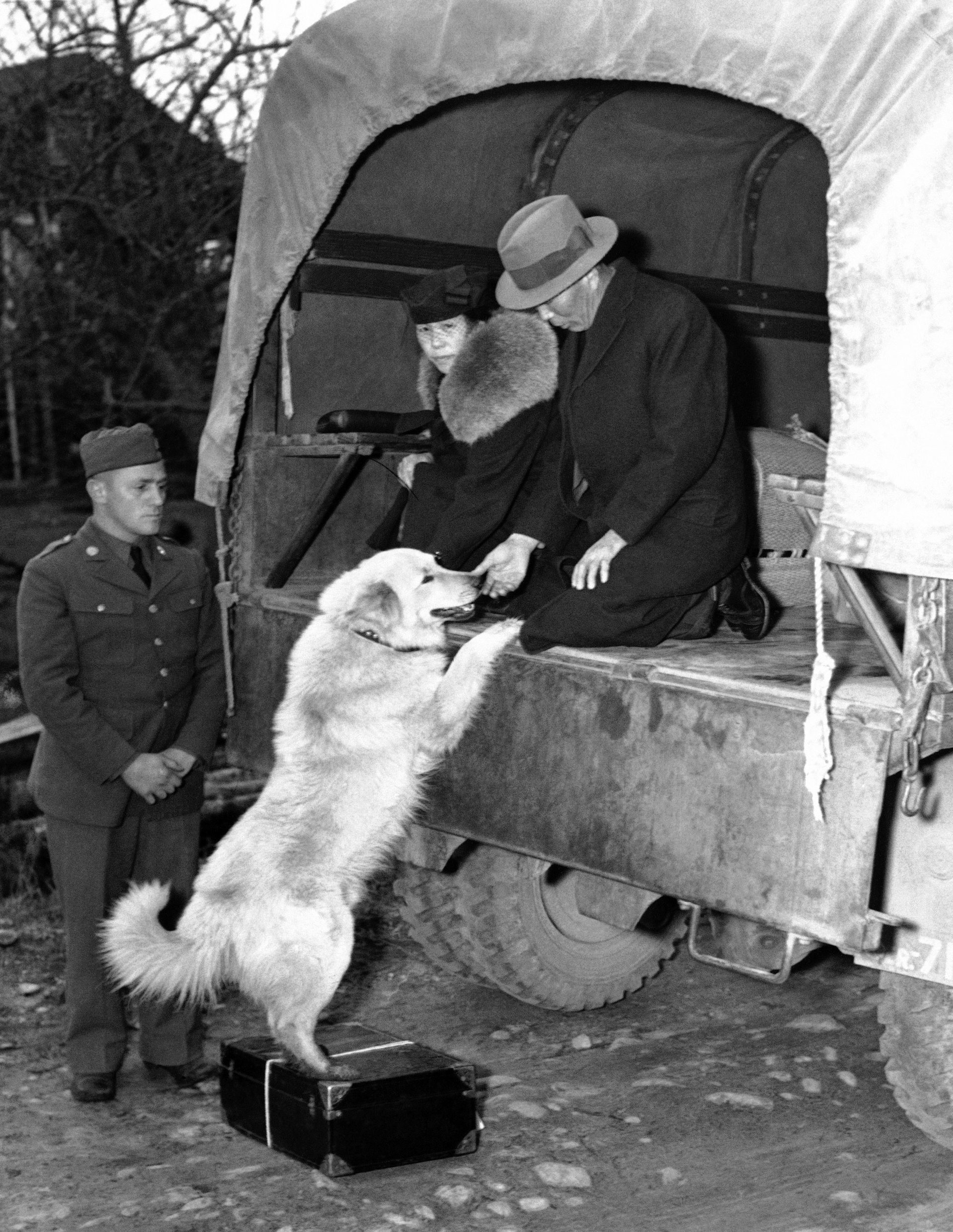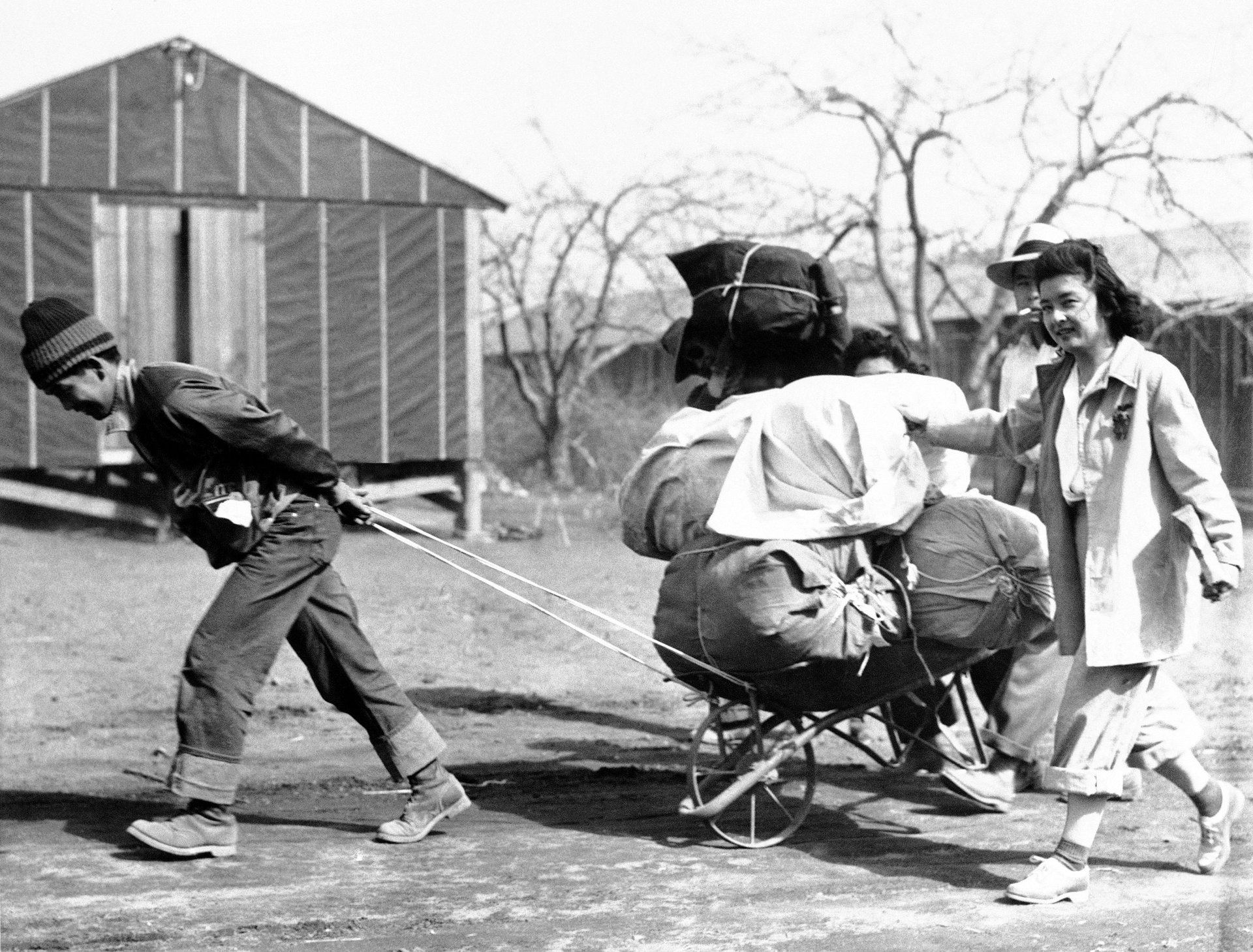This Virginia mayor wants to bring back one of the greatest injustices in US history
A Virginia mayor’s suggestion that Syrian refugees in the US be rounded up and placed in internment camps, just as the US did with the Japanese during World War II, is being soundly denounced by Japanese-Americans, fellow Democrats, and his own city council.


A Virginia mayor’s suggestion that Syrian refugees in the US be rounded up and placed in internment camps, just as the US did with the Japanese during World War II, is being soundly denounced by Japanese-Americans, fellow Democrats, and his own city council.
The mayor, David A. Bowers from Roanoke, said in a Nov. 18 letter he would ask all town government to “suspend and delay any further Syrian refugee assistance,” and compared the situation to WWII, when “Franklin D. Roosevelt felt compelled to sequester Japanese foreign nationals after the bombing of Pearl Harbor.” He continued: “It appears that the threat of harm to America from ISIS now is just as real and serious as that from our enemies then.”
Actor George Takei, who played “Mr. Sulu” on Star Trek, was one of the 120,000 people interred in the US camps. He quickly condemned the mayor’s “fear-based tactics, and his galling lack of compassion,” as well as his failure “to learn the most basic of American civics or history lessons” on Facebook, saying:
1) The internment (not a “sequester”) was not of Japanese “foreign nationals,” but of Japanese-Americans, two-thirds of whom were US citizens. I was one of them, and my family and I spent 4 years in prison camps because we happened to look like the people who bombed Pearl Harbor. It is my life’s mission to never let such a thing happen again in America.
2) There never was any proven incident of espionage or sabotage from the suspected “enemies” then, just as there has been no act of terrorism from any of the 1,854 Syrian refugees the US. already has accepted. We were judged based on who we looked like, and that is about as un-American as it gets.
3) If you are attempting to compare the actual threat of harm from the 120,000 of us who were interned then to the Syrian situation now, the simple answer is this: There was no threat. We loved America. We were decent, honest, hard-working folks. Tens of thousands of lives were ruined, over nothing.
Other Japanese-Americans shared their personal histories.
Many Japanese-Americans were relocated from the west coast to the midwest and eastern US.



After being forced to relocated far from their homes to makeshift and crowded camps for years, Japanese-Americans faced racist threats, and sometimes physical attacks when they returned.
On August 10, 1988, then president Ronald Reagan signed into law a bill providing restitution for the Japanese-American civilians who had been interred. He spoke at the time about the “grave wrong” that had been committed, and said the country was gathered to “reaffirm our commitment as a nation to equal justice under the law.“
Japanese-Americans were not the only citizens interred, although their confinement was the longest and most severe. Around the country, an estimated 600,000 Italian-Americans and naturalized Italy-born citizens, and thousands of Germans, were declared “enemy aliens,” and many of them forcibly moved from their homes and placed in camps in the midwest.
In California, where many Italians were fishermen, their boats were confiscated and they were put on curfews. As California resident Chet Campanella told the Los Angeles Times when the state of California issued an official apology to Italians interred in 2010:
“The treatment Italians received in California was horrible. There wasn’t one tiny bit of evidence that any Italian was responsible for spying, sabotage, or doing anything else to hinder the war effort.”